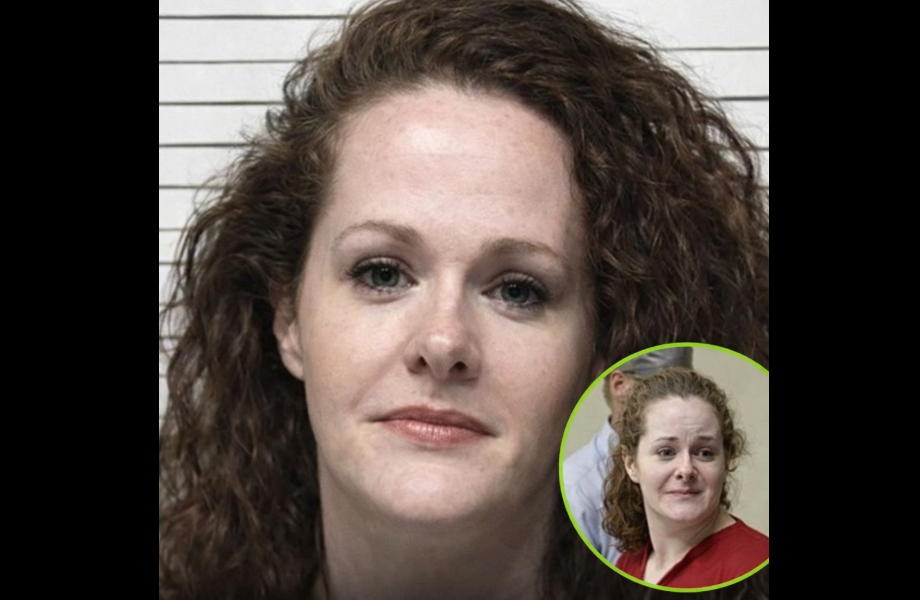My son entered into marriage with a woman named Claire, who brought four children from her previous relationship into their union. When they exchanged vows, I found myself uncertain. Doubts swirled in my mind about his readiness for such a significant responsibility, and I grappled with fully embracing Claire as part of our family.
Now, Claire is eight months along, carrying my son’s child. One night, while my son was away for work, my phone rang at 3 a.m. Claire’s voice quivered as she spoke, “I’m not feeling well. I need help to get to the hospital.” My heart sank, but hesitation crept in. The previous day, I had uncovered something troubling—Claire had made financial choices without my son’s knowledge, and I felt a sting of betrayal on his behalf. In that moment, my pride surged, and I refused her request. I ended the call, believing I was upholding a principle of trust.
By morning, a heavy guilt settled over me. I thought of Claire’s four children, who called me their grandmother, and the unborn child—my grandchild—whose life depended on her well-being. My judgment and lingering resentment had clouded what truly mattered: kindness and the bonds of family.
That afternoon, I went to see Claire. Her face showed exhaustion, but when I offered my apology, she responded gently, “I only needed someone to stand by me.” Her words broke through my stubborn resolve. From that moment, I made a promise to myself. I would no longer define Claire by her past decisions but by the love she poured into my son and their children. Claire wasn’t merely my daughter-in-law—she was a cherished member of our family.






